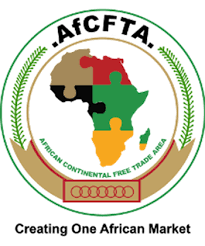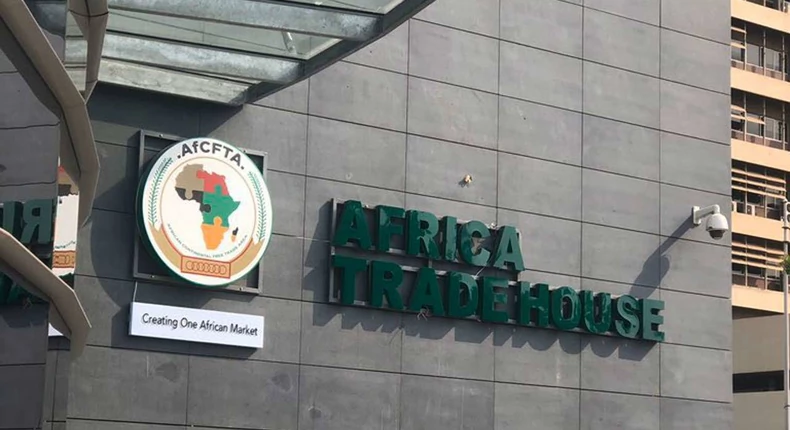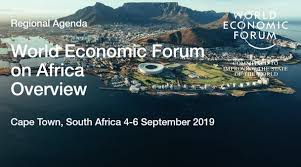The African Continental Free Trade Area (AfCFTA) is on track, but more efforts are needed, experts say, as presently intra-Africa trade stands low at just 14.4% of total African exports.
A low intra-continental, as well as global trade pattern by African countries, has mainly been attributed to a lack of adequate infrastructure, climate change, structural problems, and lack of sovereignty or control of production, according to CEO of Development Reimagined, Hannah Ryder.
“Development reimagined analysis in 2019 before Covid-19 found that on average, just 3% of all products imported by the G20 countries come from Africa,” Ryder said during a recent seminar that focused on promoting the development of Africa’s Industrial Chain and enhancing the added value of Africa products. “29 African countries each export less than 1% of Africa’s total exports to the G20 and this includes countries that have significant industrial aspirations, such as Rwanda, Senegal, Sierra Leone and Lesotho across the continent.” Ryder acknowledged structural problems on the African continent and admitted that it takes action on all sides to conquer these challenges.
With intra-Africa trade now standing low at just 14.4% of total African exports, United Nations Conference on Trade and Development (UNCTAD) forecasts show the AfCFTA could boost intra-continental trade by about 33% and cut the continent’s trade deficit by 51%. Currently about 34% of households in the continent live below the international poverty line of $1.9 per day, while around 40% of Africa’s total wealth is owned by just a few, according to UNCTAD’s data. To that end, experts ponder whether AfCFTA can help generate enough economic growth through regional integration to roll back poverty, cut inequality and foster inclusive development pillars of the African Union’s Agenda 2063. Even as the AfCFTA races ahead, progress is markedly slow in some areas. “The AfCFTA is on track,” says Erastus Mwencha, the former deputy chairperson of the AU Commission, who however adds that “having a trade agreement is one thing. Political will is quite another. Yet, that’s what the AfCFTA needs most in this nascent stage.”



